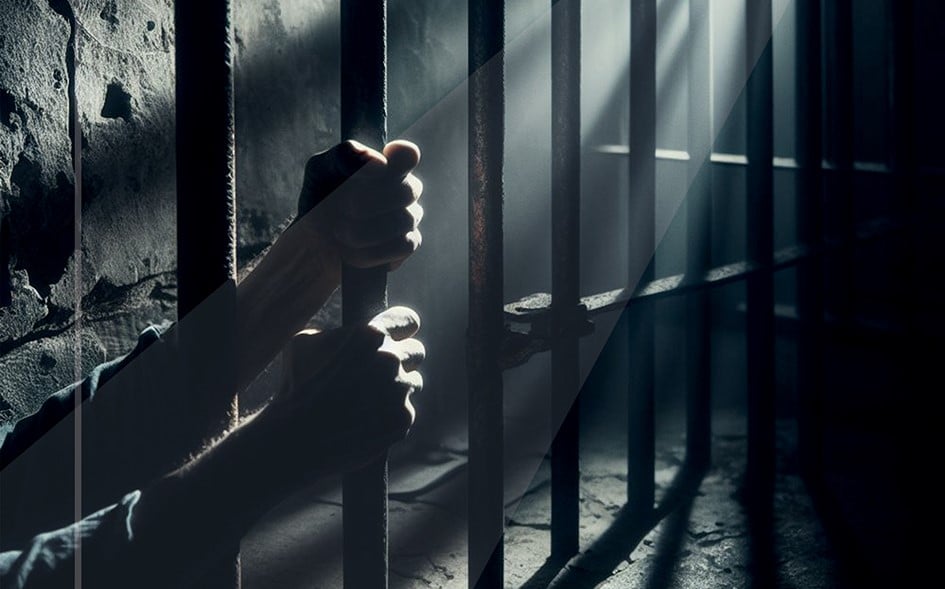
DHAKA, June 23, 2025 (BSS) – The interim government instituted commission on enforced disappearances in its interim report said they found “internal dissent” within security forces alongside foreign links as they studied the cases.
The report pointed out several incidents where the security personnel handling victims of enforced disappearance expressed their dissent often exposing them to adverse personal and professional consequences.
It also found the enforced disappearances in Bangladesh were not isolated acts of wrongdoing when “international enablers” played “decisive roles” as well alongside Bangladesh’s security forces.
“Internal dissent within the security forces, especially on issues such as enforced disappearances, political neutrality, or institutional accountability, often carried adverse personal and professional consequences,” read the report a copy of which was obtained by BSS.
But, it said the result of politicized institutional machinery condoned, normalised, and often rewarded such crimes while officials who dissented often faced punitive actions.
The report cited example of an unnamed officer who complained that his independent views and refusal to toe the official line on enforced disappearance led him to systematic isolation from his colleagues.
The officer told the commission that before each consequent new posting, “his colleagues were warned not to trust him” and fabricated allegations of sundry crimes followed him while his family’s communications were monitored as well.
According to the report a young man described his brother’s mental collapse while working in an intelligence agency where he was tasked with submitting a list of active political dissidents and “to his horror, he subsequently discovered that everyone in the list he had submitted were eliminated”.
“The guilt overwhelmed him to the extent that, his family reported, he was eventually hospitalised for severe psychological distress,” the report read.
One soldier told the commission that upon being posted to a “secret detention site particularly notorious for its systematic cruelty to captives”, became horrified as he was given an standing order not to show normal behavior with captives and feel them pains.
The report said guards were even strongly discouraged from using their voices in close proximity to the prisoners, instead they were told to use “signs and whistles,” while multiple blindfolded victims too reported these tell-tale whistles used at that particular site.
“Yet, dissent did exist. That same soldier, though unable to leave, coped through small acts of resistance. He regularly gave his own meals to detainees, who were routinely served only half the rations of the guards,” it said.
The report said the commission confirmed this account directly from a victim who had received the soldier’s largesse.
“Complicity in these crimes often took an emotional toll on some members of the security forces,” the report said citing testimonies of some security personnel and the captives.
It said one RAB Intelligence officer was “allegedly ordered to kill a long-term detainee” whose whereabouts had been compromised due to a colleague’s indiscretion but the officer refused to carry out the order and remained in position until after 5 August.
It said the incident demonstrated that “resistance to unlawful orders did not always bring immediate fallout” while the report cited examples of two RAB officials who informed the force’s intelligence chief in hand written notes telling him they would not carry out any illegal orders.
“When I was ordered to go on an operation by the RAB authority, I said that if there is any plan of extrajudicial killing or firing which is not permitted by the law of the country, I cannot take part in such kind of act,” the report quoted one such notes reading.
The report said the then prime minister was conveyed these attitudes with authorities concerned forwarding the informal notes to her while those notes were incidentally found at her Ganobhan official residence after the ouster of the past regime.
But the commission observed that yet crimes were committed when according to witnesses victims were even killed and train lines were used as body disposal sites or captives were thrown in front to running vehicles to be killed but captives were executed in isolated locations away from public view.
“There was an environment in which crimes like enforced disappearances were tacitly condoned, and those who committed them were not regarded as offenders in any meaningful way,” the report read.
The commission, however, foreign links to the cases of enforced disappearance while it reported “parallel to the India nexus, the Awami League also benefited from sustained Western cooperation under the banner of counterterrorism”.
“Senior officers confirmed to us that this partnership, particularly with the United States, enabled capacity building within Bangladesh’s security sector even as abuses mounted,” the report said, adding in one testimony, a victim recalled being interrogated by two Americans while in DB custody.
The commission said as far as it came to know these foreign individuals did not engage in direct abuse but “their presence gave legitimacy to a broader system of enforced detention”.